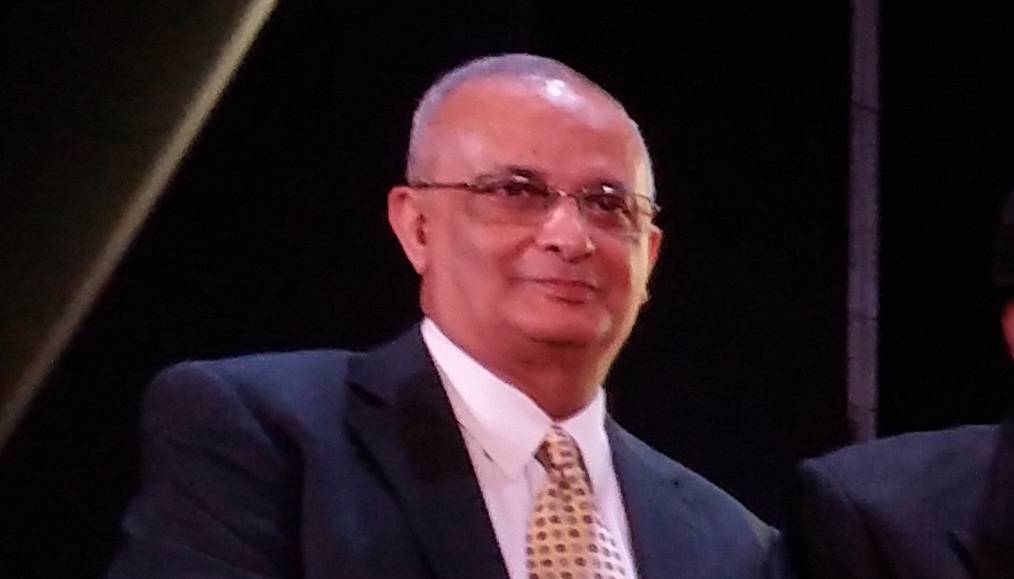IFFCO Joint MD Rakesh Kapoor who was invited by the Finance Minister both as a representative of the fertilizer and the cooperative sector for pre-budget consultations, among other things, raised the issue of growing subsidy dues year after year and demanded additional funding to ease the situation.
There were close to Rs 43000 crore subsidy dues pending with the govt till the last year. To meet its need, the fertilizer sector has to raise fund from the market and pay close to Rs 4000 crore as interest thereby offsetting its profits, Kapoor said in his submission.
“I am happy as the Finance Minister gave a patient hearing and the meeting lasted more than two hours”, said Kapoor to Indian Cooperative. There were many stake-holders in the meeting, he added.
In his meeting with the FM, Kapoor also stressed on applying differential duties to finished products and raw materials. Having nil or lower duties on raw materials would encourage domestic manufacturers, Kapoor said advocating what is known as inverted duty structure.
The issue of GST in the fertilizer sector also came up for discussion and echoing the feelings of the sector, Kapoor wanted GST to exempt VAT on the subsidy component which is 70% of the price. This was the case in the past as VAT was levied only on MRP which is 30% of the total. But GST which is to be rolled out from the next year must take this fact into account, he is believed to have argued.
Expressing IFFCO’s concern against excessive use of urea Kapoor said to the Minister that a rebalancing of subsidies
IFFCO Joint MD also demanded parity between cooperative and companies. We earn dividend from foreign JVs such as Oman but have to pay more compared to companies. Also cooperatives should get rebate as is the case with companies when it comes to importing machinery for new projects.
Besides NCUI, IFFCO and FAI pre-budget consultations were attended by Consortium of Indian Farmers Association (CIFA), Bharat Krishak Samaj (BKS) Chairman Ajay Vir Jakhar, representatives of National Dairy Development Board, United Planters’ Association of Southern India and several other farmers’ bodies.
